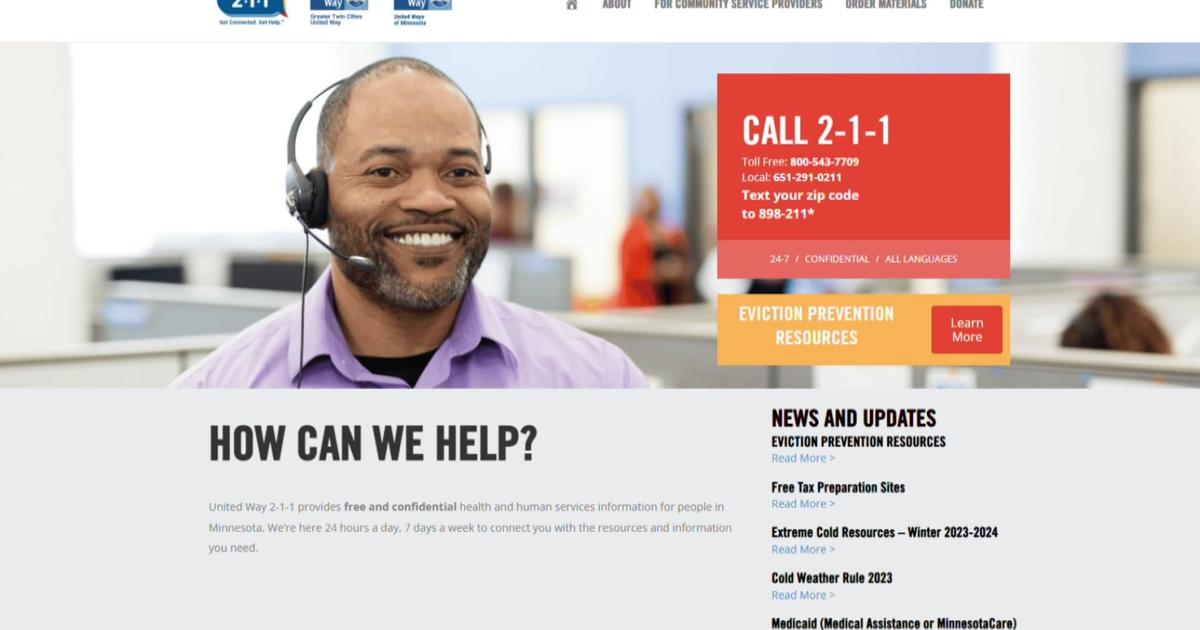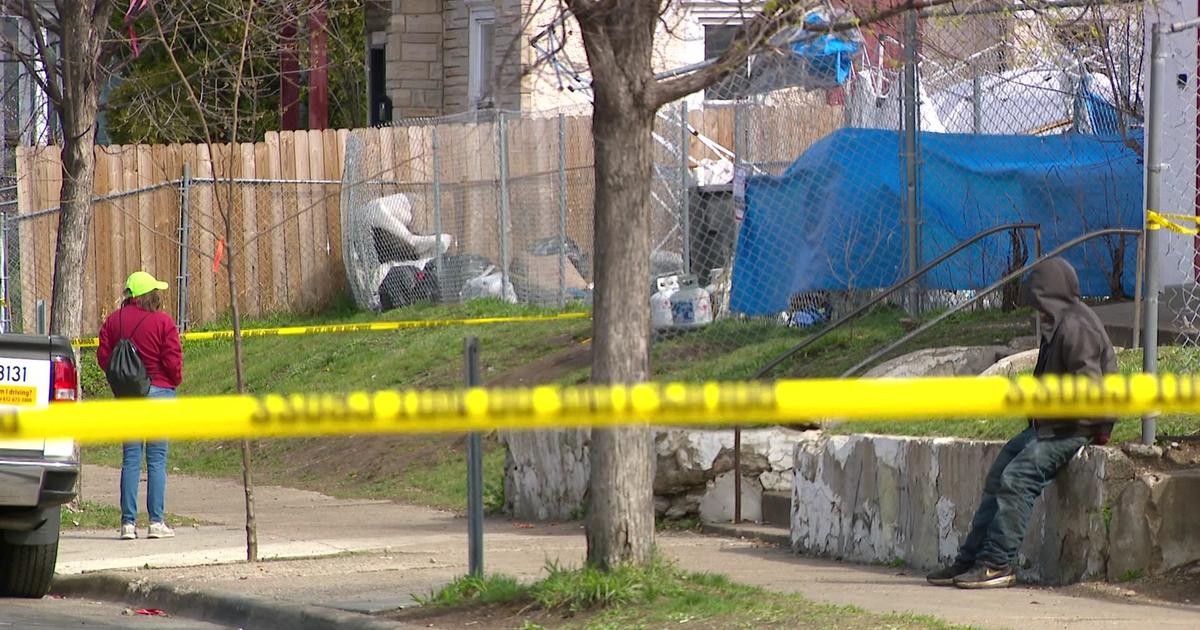COVID And Youth Mental Health: How To Spot The Warning Signs And Connect With Your Child
MINNEAPOLIS (WCCO) -- Suicide rates in Minnesota and across the country are on the rise.
The isolation of the pandemic can be especially tough on young people, but there are warning signs you can look out for.
A St. Paul Park family is lucky to have their daughter home for the holidays after a near-death experience.
Jennifer Madsen always thought her 12-year-old daughter Camille Raiter was just a happy kid.
"She is just full of compassion and kindness and wants to make the world a better place," Jennifer said.
"I like to draw, I like to read, I like to play on my Xbox," Camille said.
But when the middle schooler started falling behind on her distance learning, she started spending more time in her room. Normal pre-teen behavior, her mom thought.
"She always seemed like such a happy kid, so it never entered my mind," Jennifer said.
But behind closed doors, Camille was cutting her arms and legs, and covering it up with sweaters. Dark thoughts were creeping in.
"I just thought like I wasn't good enough, and just that it would be so much easier for everyone to not have me around," Camille said.
She acted on those ideas one October night, overdosing on over-the-counter pills, then spending days in the ER, ICU and psychiatric ward.
Her story is sadly becoming more common. The Centers for Disease Control and Prevention say children's mental health emergency visits are up and have been since April. Mental health visits in 12 to 17 year olds are up 31% compared to 2019.
Dr. Meghan Miller is a clinical director and child and adolescent psychologist with Allina Health.
"There's a need kind of beyond what's comprehendible sometimes," Miller said.
She says with suicide and depression rates on the rise, it's crucial to create opportunities to talk with your kids -- and don't be afraid to be direct if you're worried.
"I always say with the harder conversations, get in the car, because when you are sitting side by side and eliminating that eye contact, the conversation tends to flow a little better," Miller said. "Go on a walk."
She says if there are noticeable behavior changes, more bad days than good, or if daily tasks become tough -- it's time to get help.
"If something seems off, don't just assume, like we did incorrectly, that there's a million different reasons for it," Jennifer said. "Be brave and have that conversation."
And that's why Camille is brave enough to tell her story, just a few weeks after it almost ended. She knows breaking the stigma and starting the conversation can save a life.
"If this is going to help someone, even like one person, I feel like it would be worth it," Camille said.
Camille's mother and Dr. Miller say it can be tough to get a mental health appointment quickly because there aren't enough pediatric mental health providers to meet the growing need. But Dr. Miller recommends asking your family physician for resources and going to the emergency room if needed.
For those suffering from depression and suicidal thoughts, there is help available at the National Suicide Prevention Hotline. Call 1-800-273-8255.
Also available is the hotline from the National Alliance on Mental Illness at 651-645-2948.
The Twin Cities also has several crisis lines:
Anoka: 763-755-3801
Carver/Scott: 952-442-7601
Dakota: 952-891-7171
Washington: 651-777-5222
Hennepin-Adult: 612-596-1223
Hennepin-Child: 612-348-2233
Ramsey-Adult: 651-266-7900



